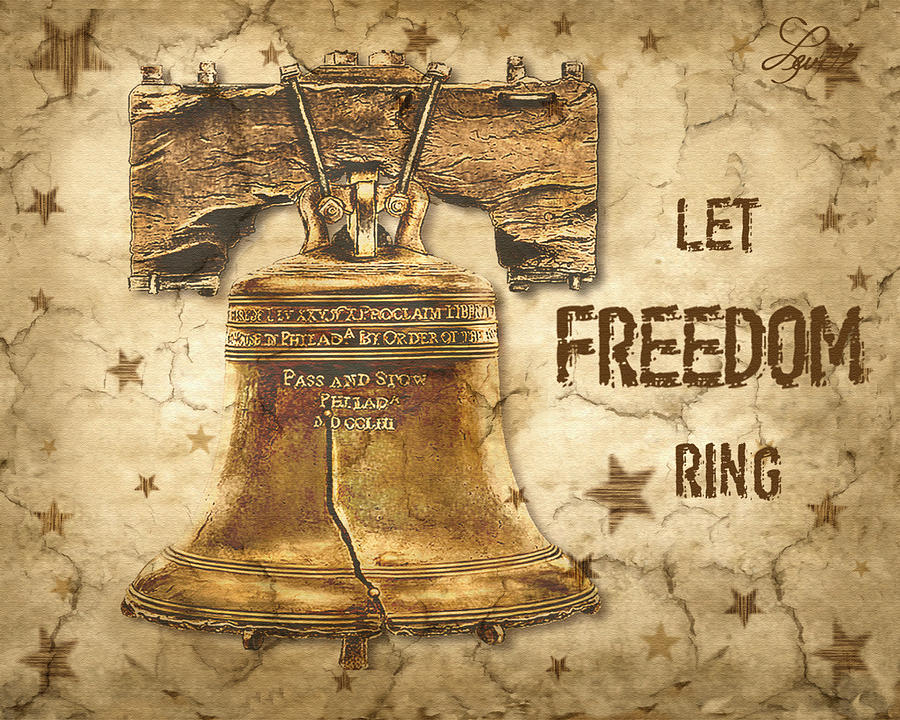

The Catholic community lived under these conditions until the American Revolution.īoth Charles Carroll and his father, although wealthy landowners, were barred from active participation in politics because of their Roman Catholic faith. Catholic chapels were closed, and Catholics were restricted to practicing their faith in their homes. Discriminatory laws, including the loss of political rights, were enacted against those who refused to conform. Around the turn of the 18th century, the colony was placed under royal control, and the Church of England became the established religion.

Maryland’s experiment in religious toleration, however, ended within a few decades. This vision was soon codified in Maryland’s 1649 Act Concerning Religion (also called the “Toleration Act”), which was the first law in our nation’s history to protect an individual’s right to freedom of conscience. Maryland was founded in the mid-17th century by the Catholic Lord Baltimore as a society where people of different faiths could live together peacefully. Charles Carroll’s story - and indeed Maryland’s early history - teaches us about the fragility of religious liberty and the importance of exercising vigilance in protecting it. John Carroll was a cousin of Charles Carroll, a signer of the Declaration of Independence. The nation’s first bishop, John Carroll, is buried beneath the basilica, as are many of my predecessors. I live near the Basilica of the Assumption, the oldest cathedral in the U.S. It has now been just over a week since I became the archbishop of Baltimore, and I find myself surrounded by history there.

The Register obtained a copy of the address. Conference of Catholic Bishops' Ad Hoc Committee for Religious Liberty, delivered the keynote address at the Ethics and Public Policy Center’s National Religious Freedom Gala Reception and Award Dinner in Washington May 24. Archbishop William Lori of Baltimore, chairman of the U.S.


 0 kommentar(er)
0 kommentar(er)
